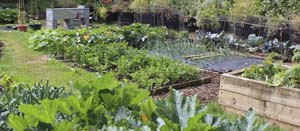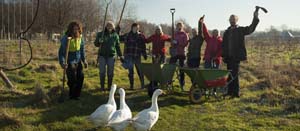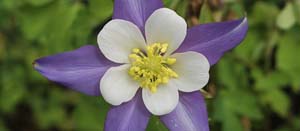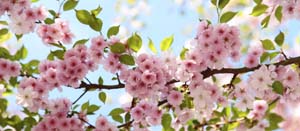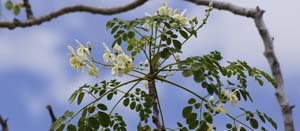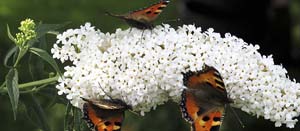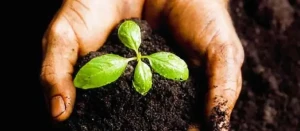SEARCH RESULTS > ARTICLES > stem
Setting up an edible garden can be a rewarding and sustainable way to grow your own food. Learn More
Permaculture is a holistic and sustainable approach to designing and managing human settlements, agriculture, and ecosystems. The term "permaculture" is derived from "permanent agriculture" and "permanent culture," reflecting its core principles of sustainability and harmonious living with nature. In this introduction, we'll explore the fundamental principles and practices of permaculture, emphasizing its potential to create resilient and regenerative systems for the benefit of both people and the planet. Learn More
Annual plants are a type of plant that completes its entire life cycle, from germination to flowering and seed production, within a single growing season. These plants are known for their relatively short life spans, typically lasting for one year or less. Learn More
People have various reasons for wanting to have a garden, as it offers a range of physical, emotional, and practical benefits. Here are some insights into why people are drawn to gardening Learn More
Perennials are plants that live for more than two years, and in many cases, they can live for many years or even decades. Unlike annuals, which complete their life cycle within a single growing season, perennials regrow and bloom year after year. Learn More
Shrubs are woody plants that are characterized by their relatively low height and multiple stems or branches emerging from the base. They are a diverse group of plants that can vary in size, shape, and appearance. Here are some key characteristics and features of shrubs Learn More
Restoring soil health in your garden is essential for maintaining fertile and productive land. Here are 13 steps to help you improve and restore your garden soil Learn More
